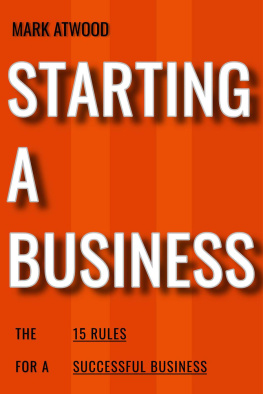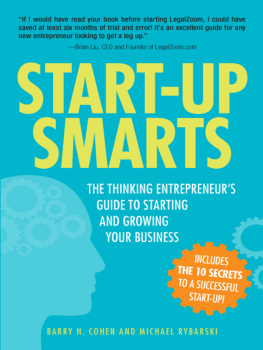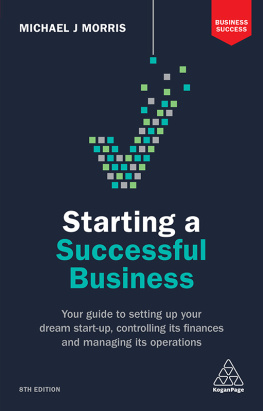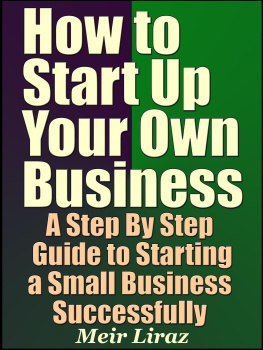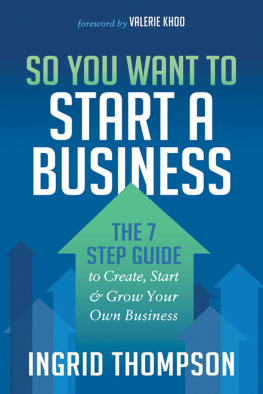A person who wants to start his own business thinks that it is both rewarding and exciting. He can earn from the thing that he enjoys doing. He makes his own schedule. He is his own boss. However, to be successful in business will require him to work hard, be creative, and plan.
Characteristics And Skills Of A Successful Entrepreneur
A successful entrepreneur must possess the necessary skills and characteristics. He must be ready to take risks. Although being his own boss may be exciting, it also means that he has to make difficult decisions. Owning a business doesnt guarantee that he can make his dreams happen. If he understands uncertainty and is willing to take calculated risks, he can be an entrepreneur. A budding entrepreneur must be prepared to make many decisions independently. He mustnt be afraid to be rejected. He can also trust his instincts.
A business owner is very persuasive. He can convince partners, potential creditors, employees, and customers with his ideas. He is a person who enjoys speaking with different types of people. He engages other individuals easily. His arguments are grounded in facts. He is also somebody who knows how to negotiate. A small business owner must have good negotiating skills because he needs to close a deal every time. He has to ensure that his business runs smoothly and that he saves money. An entrepreneur is also someone who is creative with his ideas. He has to find ways to solve problems of an ordinary citizen. He must be able to think creatively in order to see new opportunities. Before starting a business, a person must ensure that he has a strong support system. He needs to make important decisions so he needs a support network to help him. He can find a business mentor who can offer guidance and advice.
Know The Market
For the business to be successful, the entrepreneur must know the industry his business is in, his competitors, and his customers. It is necessary to conduct market research in order to understand the products and services which are currently in demand so that he can plan how he can compete in his chosen market. Market research reduces business risks, determines opportunities, and identifies possible and present problems affecting the industry.
The entrepreneur must know how to conduct market research properly. The first thing he must do is to know which government offices offer industry and market data. These government agencies can provide official information and data with regards to the current conditions of the economy, industries, and businesses. The entrepreneur can use these records in his market research. He can also source his information from academic institutions, business magazines, trade groups, and other organizations which gather and analyze data about businesses. The internet can also offer a wealth of information. Lastly, he needs to understand the international trade scene. Because of globalization, the entrepreneur must know international factors which can affect his business. Furthermore, he needs to know possible international markets for his business.
Testing Your Assumptions
Every business idea is based on a set of assumptions. A business assumption is something that you think is true about your business based upon your experiences thus far, but something for which you do not have solid proof as to it's validity. A business assumption can involve any part of your business plan, from market conditions, to internal expectations, to anticipated resources.
Do as much research as you can to eliminate assumptions and make them known variables. After eliminating as many assumptions as possible, you will still find that some assumptions persist. There is simply no way to define all the variables in your new business until you actually begin doing business.
Keep in mind that assumptions are somewhat dynamic, and they generally evolve and change as you gather more information and as you continue through the startup process. Do not be alarmed if some of your primary assumptions change. Changes to your assumptions can be a good thing because those changes demonstrate that you are observing and listening to the data and feedback from your initial customers.
Be bold in your initial assumptions and listen to your gut, but also pay careful attention to the evidence and data you will see as you progress. Most importantly, dont be afraid to adjust your assumptions when you need to.
Take a few minutes now to list each of your critical assumptions.
Based on what you know so far, list what you consider to be your top five assumptions:
1. __________________________________________________________________________
2. __________________________________________________________________________
3. __________________________________________________________________________
4. __________________________________________________________________________
5. __________________________________________________________________________
[Examples of business assumptions: We can gain 5% market share. Our target market will recognize our solution once they see it. We can outperform a competitor in some way or in some niche. Our revenues will grow at a certain rate. We can achieve our per unit profit projections. Aspiring entrepreneurs are interested in step by step business start up guides.]







